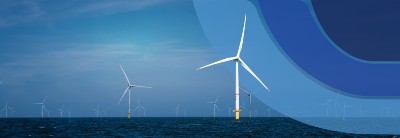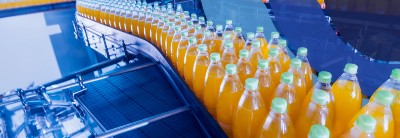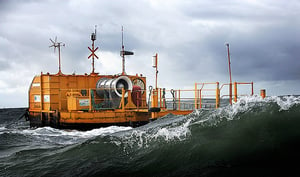A new multi-material connector for wave energy devices has been unveiled at London’s Brunel University.
The connector features a novel material called Basaltium, made from recycled aluminium strengthened by tiny basalt fibers, and a coating from a custom formulated, low-friction grade of cast nylon Oilon – made by engineered products supplier Nylacast.
Together, Basaltium and Oilon make connectors lighter and tougher which means that moorings can last longer and cost less to manufacture and maintain, according to Brunel University.
Connectors are said to be key components that join moorings for floating devices such as tidal energy converters with their anchors.
Designed firstly for floating wave energy converters, the newly-developed connectors are the work of STORM (Specialised Thimbles for Offshore Renewable Marine energy) – a project by Tension Technology International (TTI), Brunel University London, Nylacast and the European Marine Energy Centre (EMEC).
Lorna Aguilano, from the Brunel’s Experimental Techniques Centre which developed a novel material together with Brunel Centre for Advanced Solidification Technology, said: “Connectors between the mooring ropes and the device are one of the main challenges for offshore renewable energy.
“Generally, at connector point, the ropes deteriorate and end up breaking, with big costs for retrieval. So normally the ropes are changed every five years to avoid this.
“Our team here at Brunel have developed a new extra-light material that, when incorporated in Nylacast’s low-friction nylon and used to make the innovative connector designed by TensioTech, would solve this problem – increasing the in-service life, minimizing capital expenditure and maintenance costs.”




















